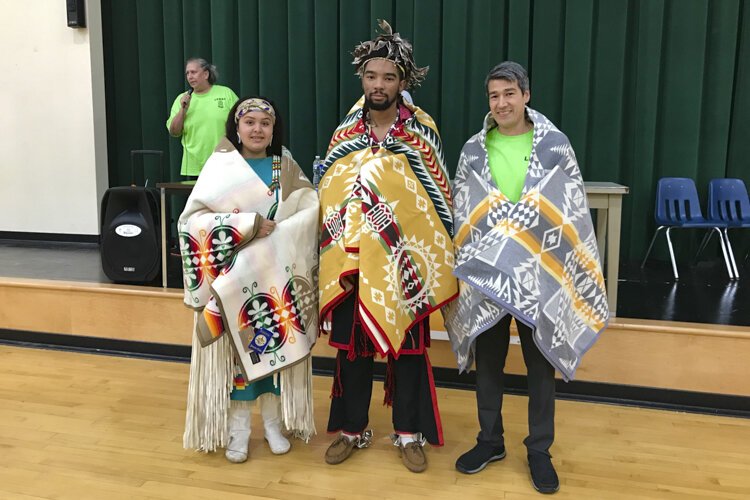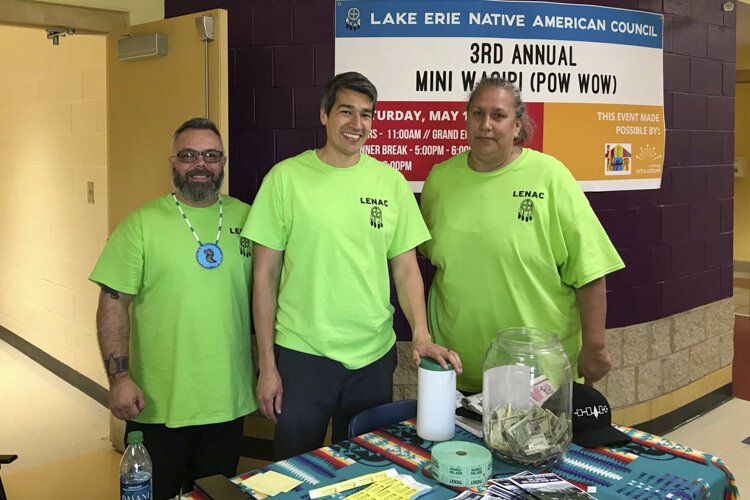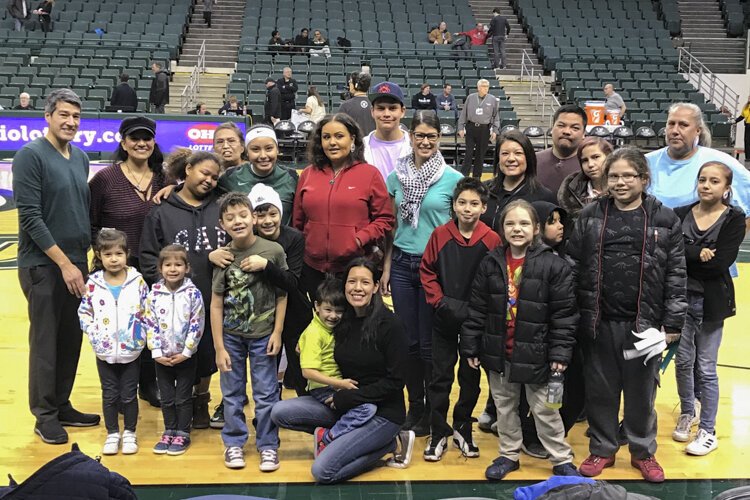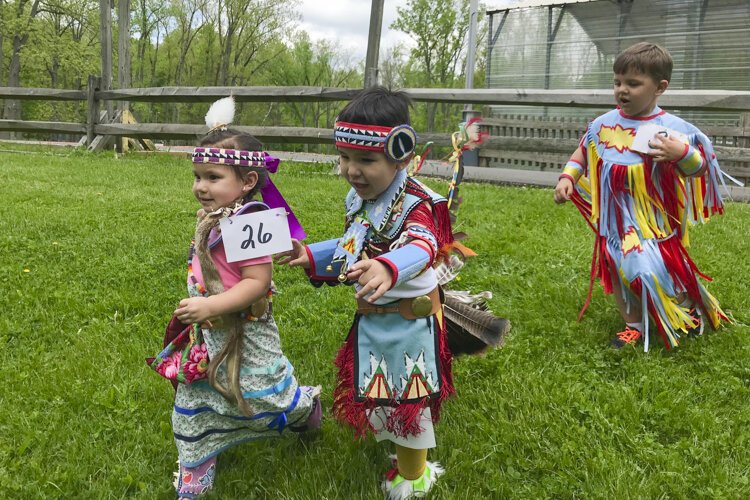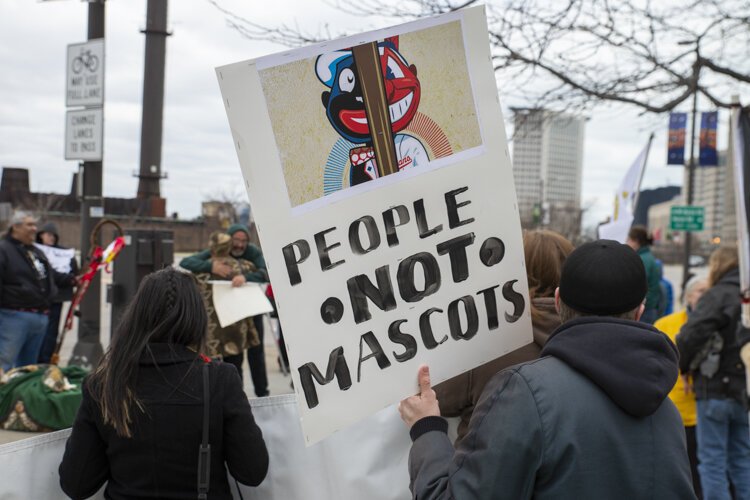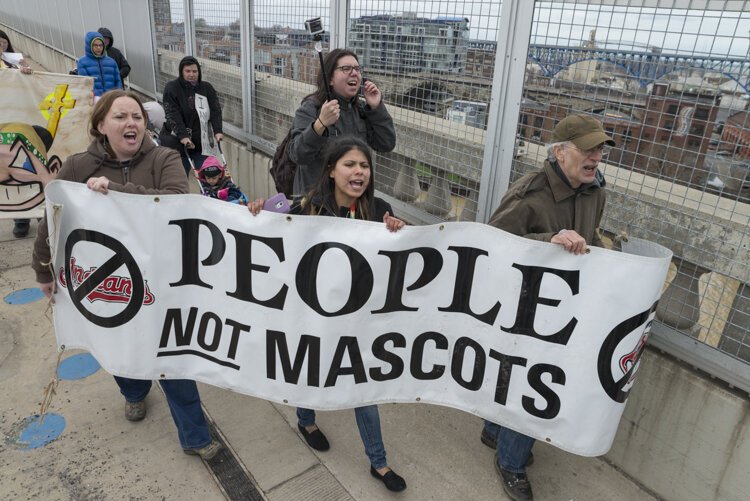Cleveland Indigenous Coalition’s demand for team name and mascot change gains momentum
With Cleveland City Council’s decision in June to declare racism a public health crisis, the recent (but delayed) start to the Major League Baseball season, and the Cleveland Indians’ announcement that it is considering a name change, the Cleveland Indigenous Coalition has now gathered the support of more than 60 local companies and organizations to change the name of the Cleveland Indians to a name that is not considered racist or derogatory.
“When the City of Cleveland declared racism and public health crisis, we knew it was an opportunity to show that Native American sports team names and mascots really have a negative impact on self-esteem—especially on Native American youth,” says Cynthia Connolly, a member of the coalition and development director for Policy Matters Ohio. “We felt a pressing need to come together to accomplish our goal.”
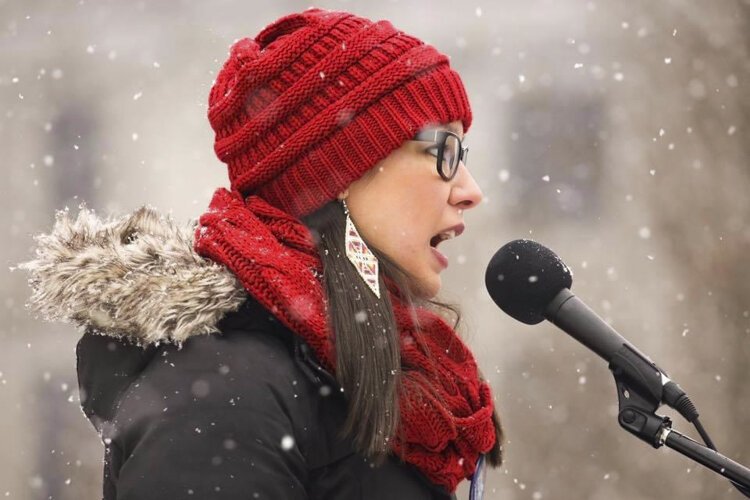 Cynthia Connolly, LENAC Exec Board Member, was an invited speaker at the Women's March Ohio in 2019.The Cleveland Indigenous Coalition is made up of American Indian Movement of Ohio; the Committee of 500 Years of Dignity & Resistance; Lake Erie Native American Council (LENAC); and the Lake Erie Professional Chapter of the American Indian Science and Engineering Society.
Cynthia Connolly, LENAC Exec Board Member, was an invited speaker at the Women's March Ohio in 2019.The Cleveland Indigenous Coalition is made up of American Indian Movement of Ohio; the Committee of 500 Years of Dignity & Resistance; Lake Erie Native American Council (LENAC); and the Lake Erie Professional Chapter of the American Indian Science and Engineering Society.
Connolly cites a 2019 report made for the Journal of Race Ethnicity and Education titled “The psychosocial effects of Native American mascots,” that shows that Native American mascots not only promote derogatory depictions and negative stereotypes, they have a lasting negative effect on Native American students.
“We’ve been fighting this fight for 60 years,” says Connolly. “We’re trying to bring this thing to a close and force the city to act on this legislation they passed.”
Even though the debate on the team name has gone on for 60 years, Connolly says the time has come, and now the local Native American community has backup behind them.
“This conversation around mascots and team names has gotten bogged down by whether or not it’s offensive to individual Native Americans,” she says. “We now have scientific evidence that proves it is bigger than offense, and fuels negative bias toward our communities. Now the conversation has shifted into how this is systemic toxic racism.”
Connolly points out that there are 100,000 Native Americans living in Ohio, including 28,000 in Northeast Ohio and 5,000 in Cleveland.
Two-thirds of Americans say they have never met a Native person, and 87% of K-12 curricula in the United States does not mention Native Americans after 1900. And Indigenous people are rarely portrayed as part of mainstream culture.
“We’re never depicted as your neighbors, your friends, your classmates,” she says. “It opens up a huge void of who we are as a modern culture, and that void is filled with stereotypes.”
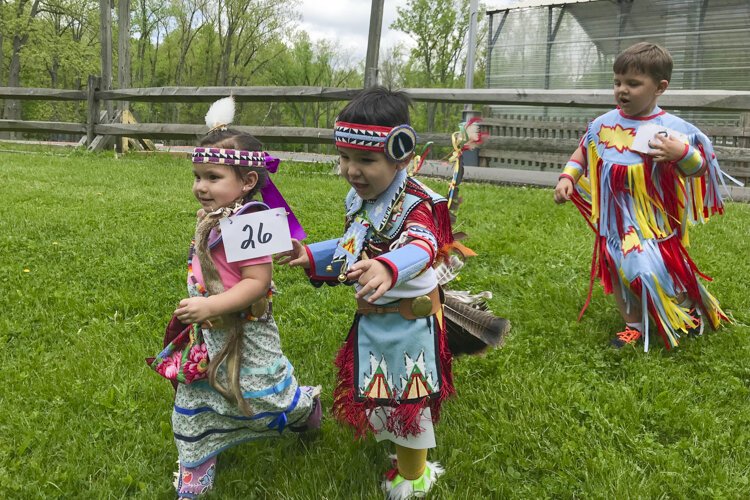 Connolly notes that most Americans indicate they want to learn more about Native American culture, and many advocate for social change. “But it’s just the first step,” she says.
Connolly notes that most Americans indicate they want to learn more about Native American culture, and many advocate for social change. “But it’s just the first step,” she says.
Christopher Begay, who is of the Dine’ nation and chair of the Committee of 500 Years of Dignity & Resistance, which advocates for Indigenous Cultures and heritage by creating avenues through education, activism, arts, and grassroots organizing, also wants to continue the conversation.
Begay says the Indigenous community in Northeast Ohio has been reaching out for decades to work together as one group.
He says he envisions “a world where Indigenous and non-Indigenous people thrive hand in hand as equal partners.
“You cannot create a beloved community based on yesterday's misunderstanding,” Begay continues. “It takes a village, and the village has heard us, and understands that now. Hold up a mirror, open your heart, and listen is all it takes.”
Connolly says the list of petition signees grows daily, including five Cleveland community development organizations. Cleveland Public Theatre recently joined NAACP Cleveland; Black Lives Matter Cleveland; the Social Justice Institute; the Center for Reducing Health Disparities; Greater Cleveland Board of Rabbis; the Young Latino Network; the InterReligious Task Force; YWCA of Greater Cleveland; ACLU of Ohio; LAND studio; and Cleveland Neighborhood Progress, among other organizations.
Connolly urges even more organizations to sign the letter and show Cleveland baseball it’s time to change the name.
“They’re poised right now to do this right and come out of this looking like they care about social justice,” she says. “Let’s show them how it’s done, Cleveland.”


